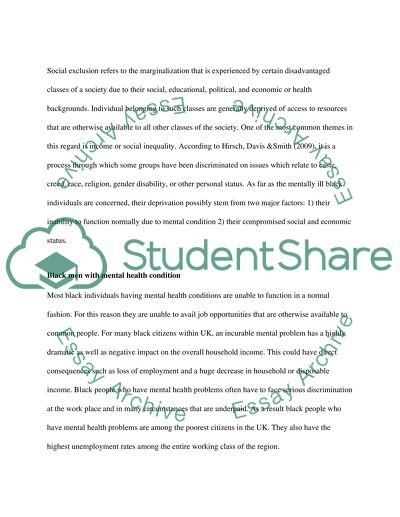Cite this document
(“Social work Essay Example | Topics and Well Written Essays - 2500 words”, n.d.)
Retrieved from https://studentshare.org/miscellaneous/1681722-social-work
Retrieved from https://studentshare.org/miscellaneous/1681722-social-work
(Social Work Essay Example | Topics and Well Written Essays - 2500 Words)
https://studentshare.org/miscellaneous/1681722-social-work.
https://studentshare.org/miscellaneous/1681722-social-work.
“Social Work Essay Example | Topics and Well Written Essays - 2500 Words”, n.d. https://studentshare.org/miscellaneous/1681722-social-work.


